exhibition entitled « Animamix Biennial-Visual Attract and attack » from December 5,
2009 to January 31, 2010.
Based on the theme of « Contemporary comic aesthetics », Ms. Victoria Lu
conceived an hyperlinked exhibition among museums in Taiwan and China. Four
exhibitions based on this subject will be curated respectively but held simultaneously by
four museums in Taipei, Kaoshiung, Shanghai and Beijing.
«Animamix Biennial-Visual Attract and Attack» will be MOCATP’s exhibition and
curated by our chief curator, Maple Lin. Around fifty artists from thirty countries will
participate in this exhibition. Its aim is to present the flourishing developments in
animation since 2004. We hope to show the international trend but also mark regional
differences through varying points of view.
When Victoria Lu curated "Fiction.Love" in 2004 at MoCA Taipei, she become aware of a new trend in aesthetics, and in 2006, when she curated a new version of Fiction@Love at MoCA Shanghai she coined a term to describe this new trend: Animamix, combining "animation" and "comics.".
Animamix is defined by these four major characteristics:
" All the various and abundant forms of Animamix in popular culture are centered on the worship of youth and the pursuit of an idealized youthful beauty.
" The bizarre and ever-changing narrative texts in Animamix art imbue the images with a strong narrative character, which themselves form a visual language.
" The colorful lights derived from the electronic media create a totally new and unique visual experience of art with colored lights. .
" Animamix involves the use of great human, material and financial resources interacting and cooperating across different sectors.
The Animamix artists of the 21st century are not just the people who are engaged in creating animation and comics products; rather, Animamix artists are found in all the fields of the creative industry. Unlike the pop artists of the previous century who simply appropriated visual symbols from comics and animation, 21st century Animamix artists are a new generation of Neo-Aesthetics who are already completely submersed in the aesthetics of Animamix. The multifarious styles of Animamix art actually are the very archetype of artistic creation. In other words, Animamix art has become the most important source of inspiration for the global art scene in the 21st century.
Looking back at modern art, which only emerged at the end of the 19th century, it developed at the beginning of the last century entirely in the abstract style. Even in modern literary works, where language forms the main narrative, deconstruction of words frequently occurred—playing around with semantics or abstract deconstructions—which made it difficult for readers to quickly grasp the meaning. In the digitized environment of the 21st century, literary narrative has changed, becoming more diverse and more interesting. More and more information is being transmitted via pictorial language to convey and communicate ideas. The anthropomorphic characters found in cartoons, animation and comics, coupled with the narrative of the story line, together become an exaggerated form of distortions, which will become the new mainstream characterizing visual aesthetics in this century just as abstract art led the way in the aesthetics of the 20th century.
Animamix art does not refer simply to animation or comics alone. Its derivative products are so abundant in variety and large in number, extending even to items related to people’s livelihoods and to food, clothing, home and transport, that almost nothing is excluded. The value of the output of the Animamix industry is not just in the artworks themselves, but rather in the totality of the combined or multiplying cultural forces of an era. The production and marketing of Animamix art will become a most important link in the creative industry worldwide. This type of artistic creation is in perfect harmony with popular culture; in this new era, the division between high art and low art no longer exists.
This new type of art records in the virtual world the creative forces of our lives and saves them in the fourth dimension of the electronic and digital worlds.
The inaugural Animamix Biennial was staged at MoCA Shanghai in 2007. This year, the Animamix Biennial is expanding to four venues. It will open at the end of 2009 and continue into 2010, staging at MoCA Shanghai, MoCA Taipei, MoCA Kaohsiung and Today Art Museum in Beijing.
Animamix Biennial 2009-2010 is the first major cross-straits international Biennial jointly hosted by four museums. It consists of four different exhibitions curated by Victoria Lu, Beatrice Peini Hsieh, Maple Yujie Lin, Pan Qing, Liu Chunfeng. A book, Animamix: The New Aesthetics of the 21st Century, will be published jointly by the four museums.
Artists:
China - Du River, Chan Chi-kwong, ZHOU Xin, XU Jia, high-Xiao Wu, ZHANG Qi-Kai, Wu Sadataka, Rodin, Xu Qin, Fu Kai, the Shaw Valley, Taiwan - Ni Tsai-chin, stone Daewoo, Yang Mao-lin, Zheng Zhi Hua
Japan - Murakami, Yoshitomo Nara, Yayoi Kusama, the original high history have sent painted Division, Tomoko Nagai, Sagami Trinidad, Hiroyuki Matsuura
United States-Alan Becker, Andrew Huang, Maya Lin, Paula Hayes
England-Adam Bailey, Kim Alexander, Phillip Warner, Peter Boyd Maclean
Israel-Gil Yefman, Inbal Shved, Lital Lev Cohen
Singapore - Chen Jianwei
South Korea-Hye Rim Lee,
Kang Sok-hyun
Thai-Chusak
Malaysia - had Guohui
Philippine-Nasser Lubay
India-T & T , Anirban Mitra
Indonesia-Miko & Santi
Pakistan -Sikander Shahzia
Russia-Lelya Borisenko
Canada-Patrick Bergeron
Cuban-Claudio Castillo
Brazil-Oscar Oiwa
Iran-Abbas Mehran
Greece-Miltos Manetas
France -Alexandre Nicolas, Vlrginie Barre
Netherlands - Hoogerbrugge
Italy-Angelo Volpe,
Germany - Markus Feder / Martin Sulzer
Belgium - Wim Delvoye
Spain - E.Merino
Sweden - Erik Rosenlund
Norwegian - Bendik Kaltenborn
Denmark - Brad Mossman
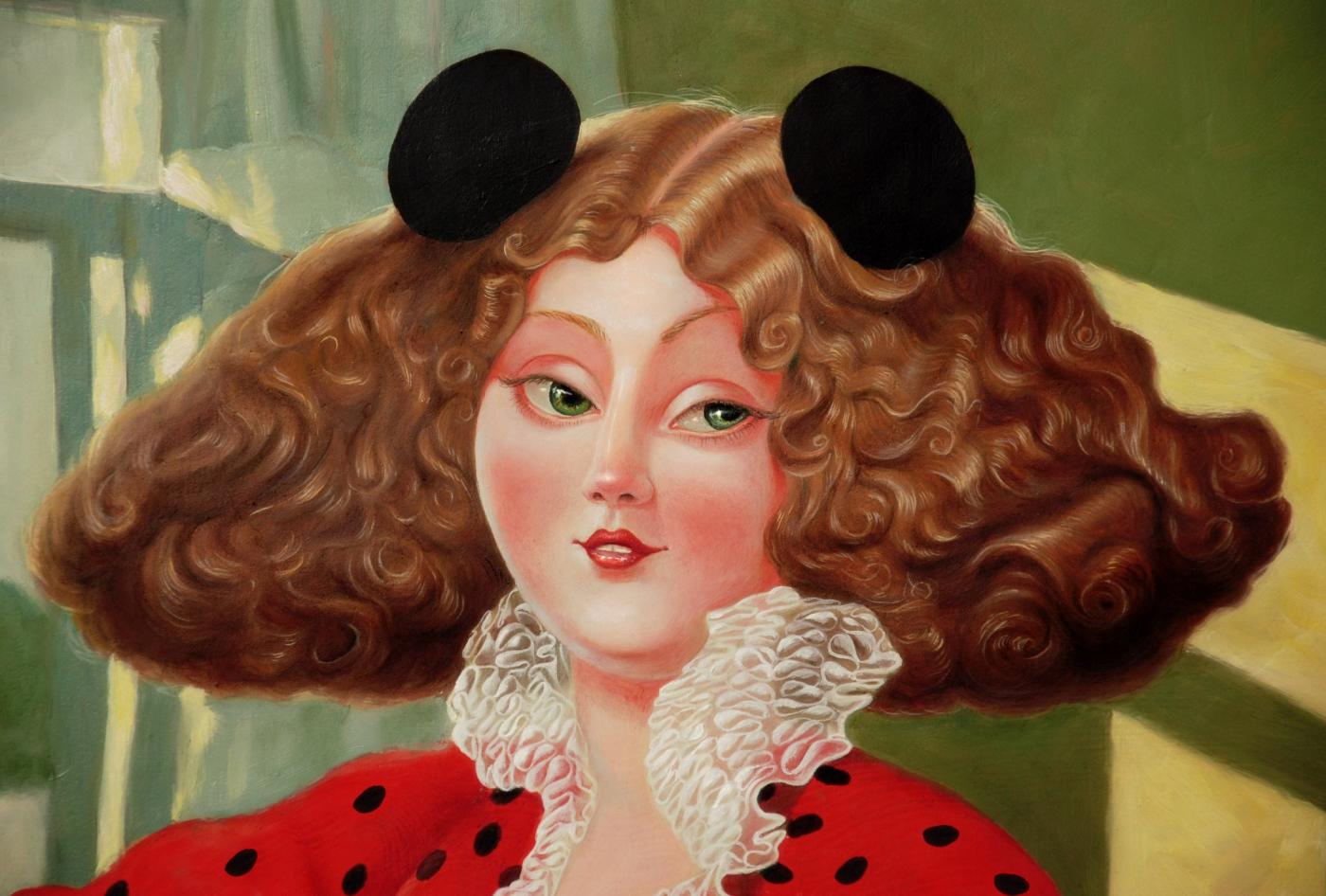
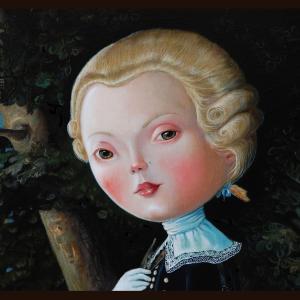
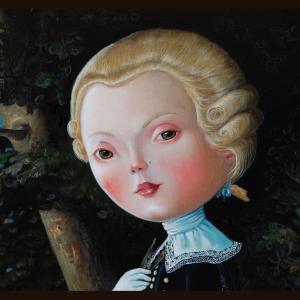
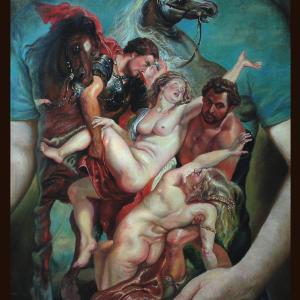
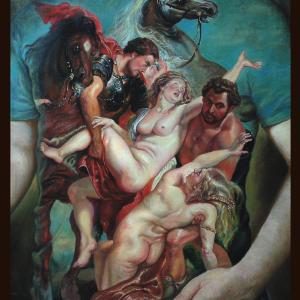
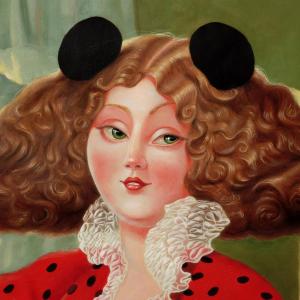






Commenti 1
Inserisci commento